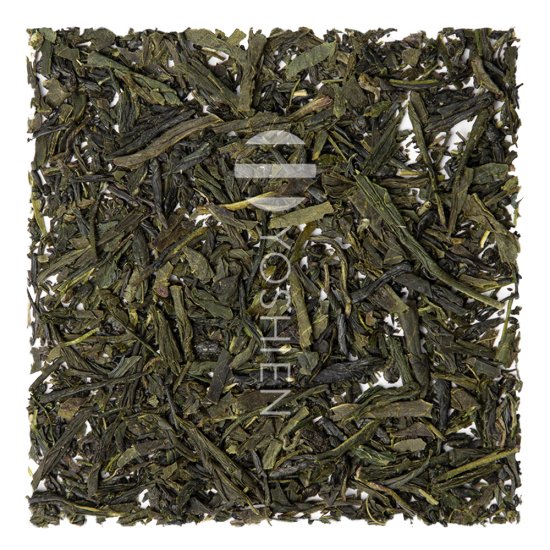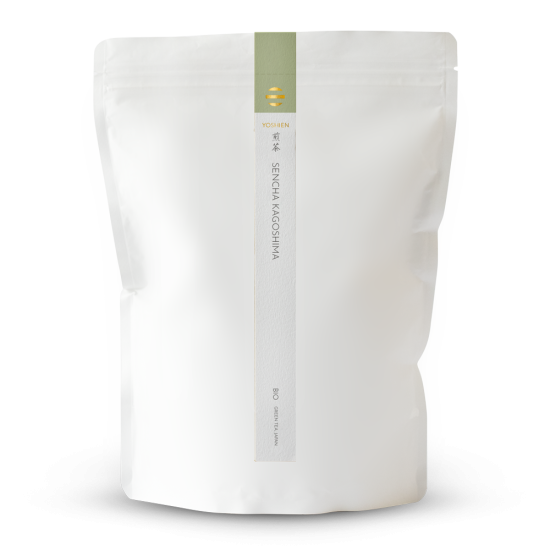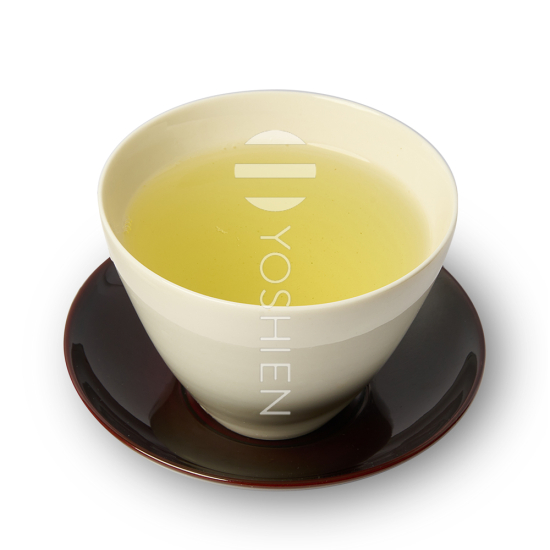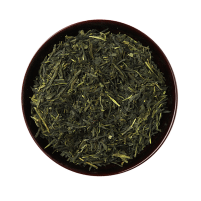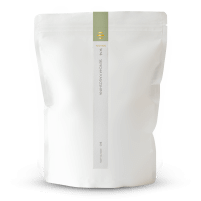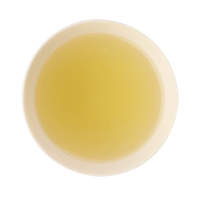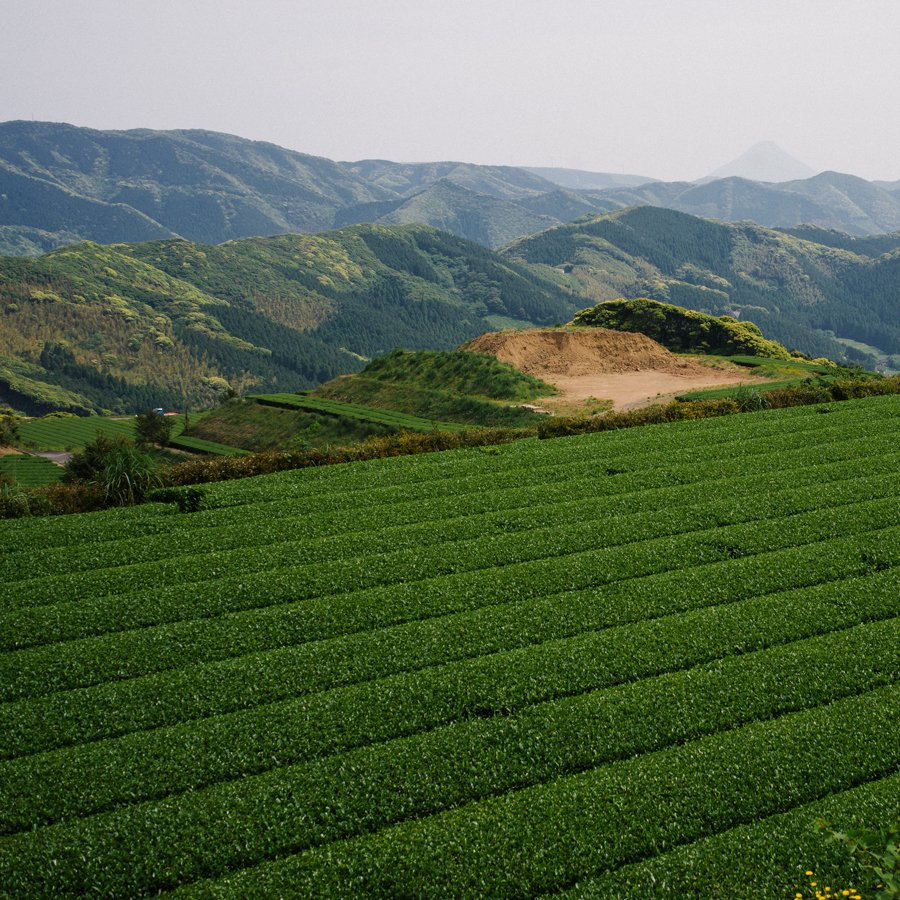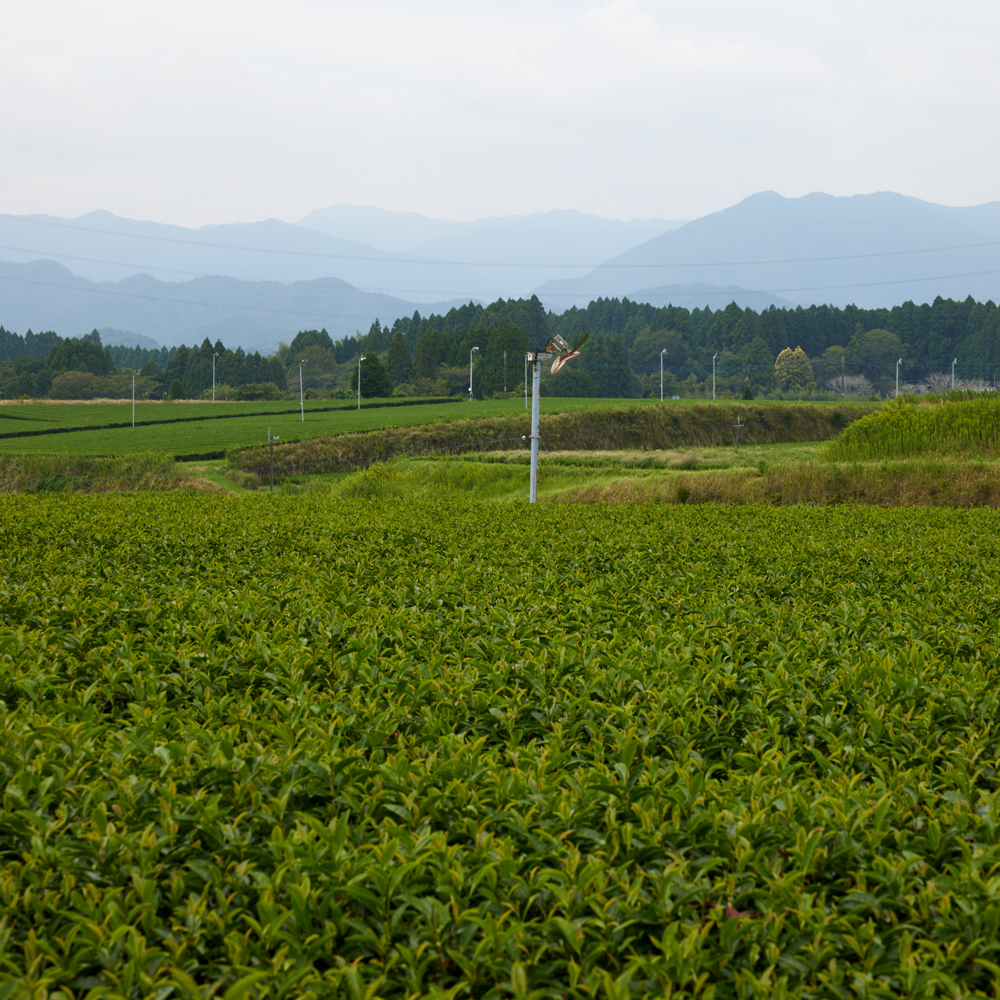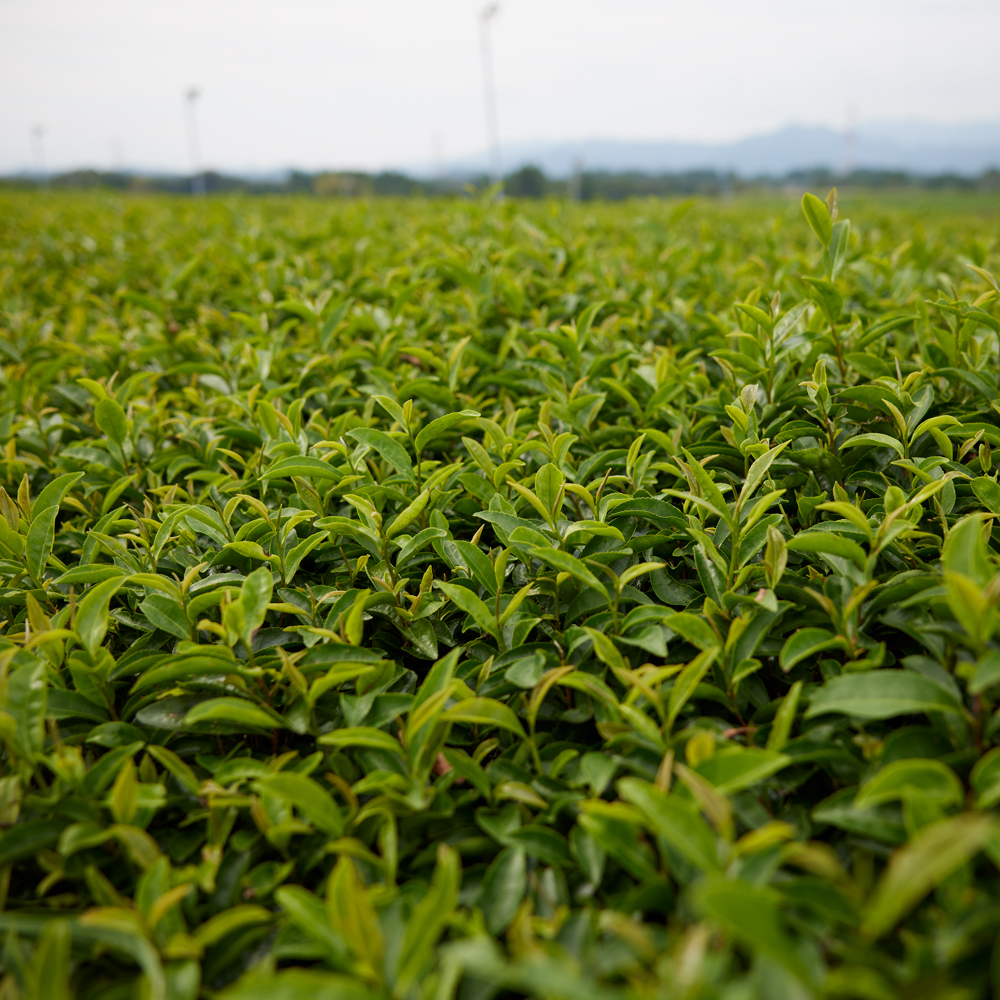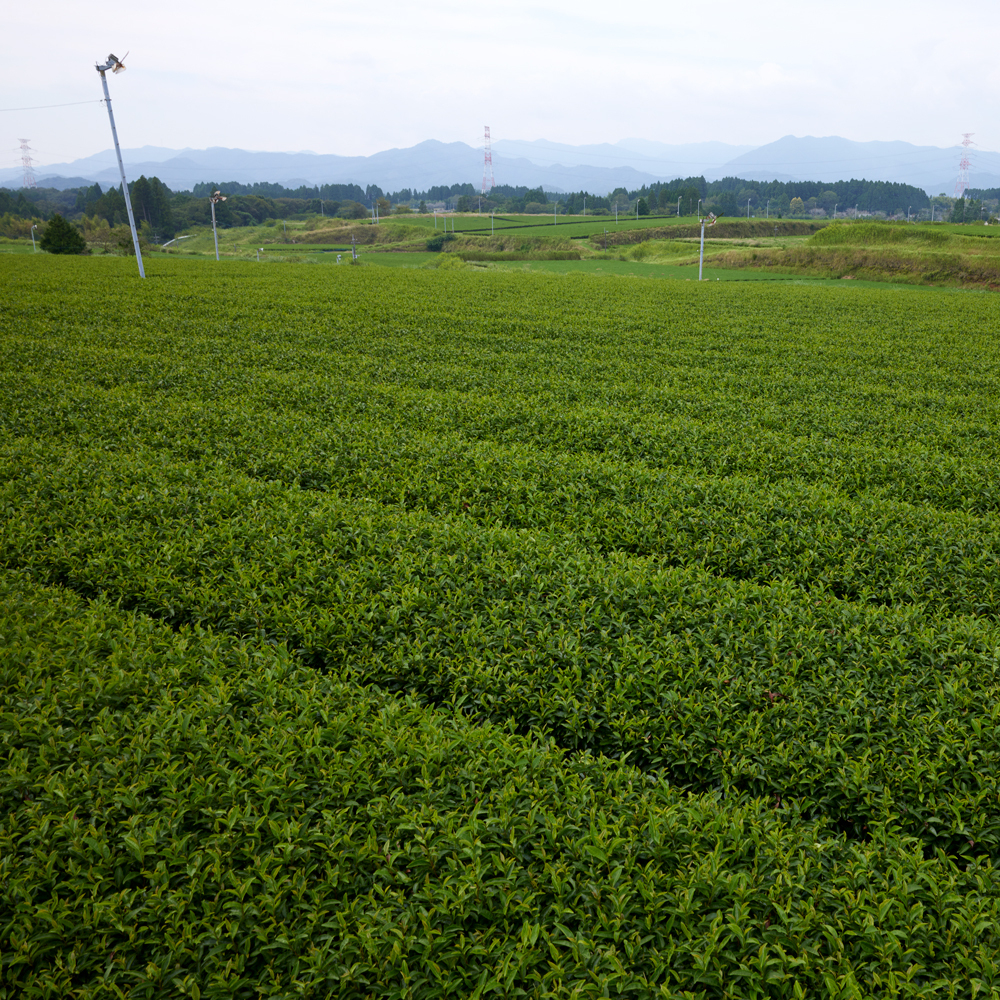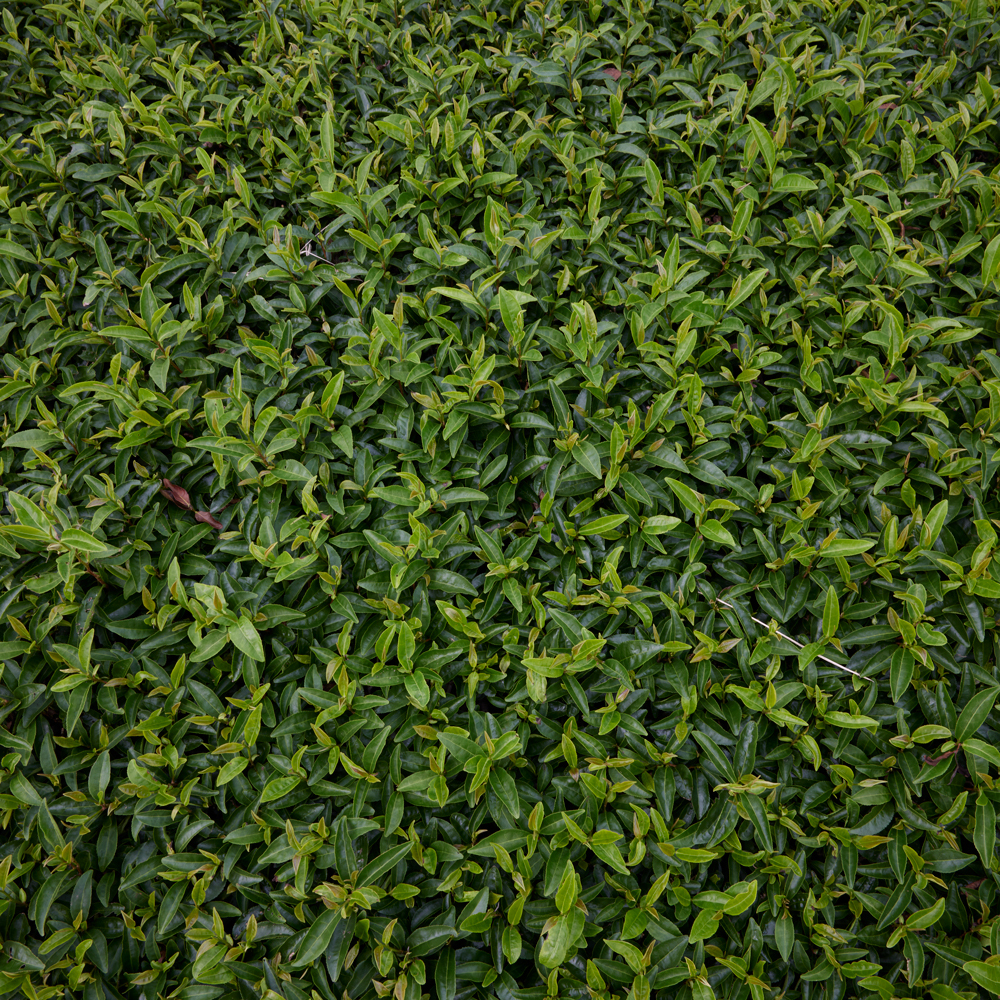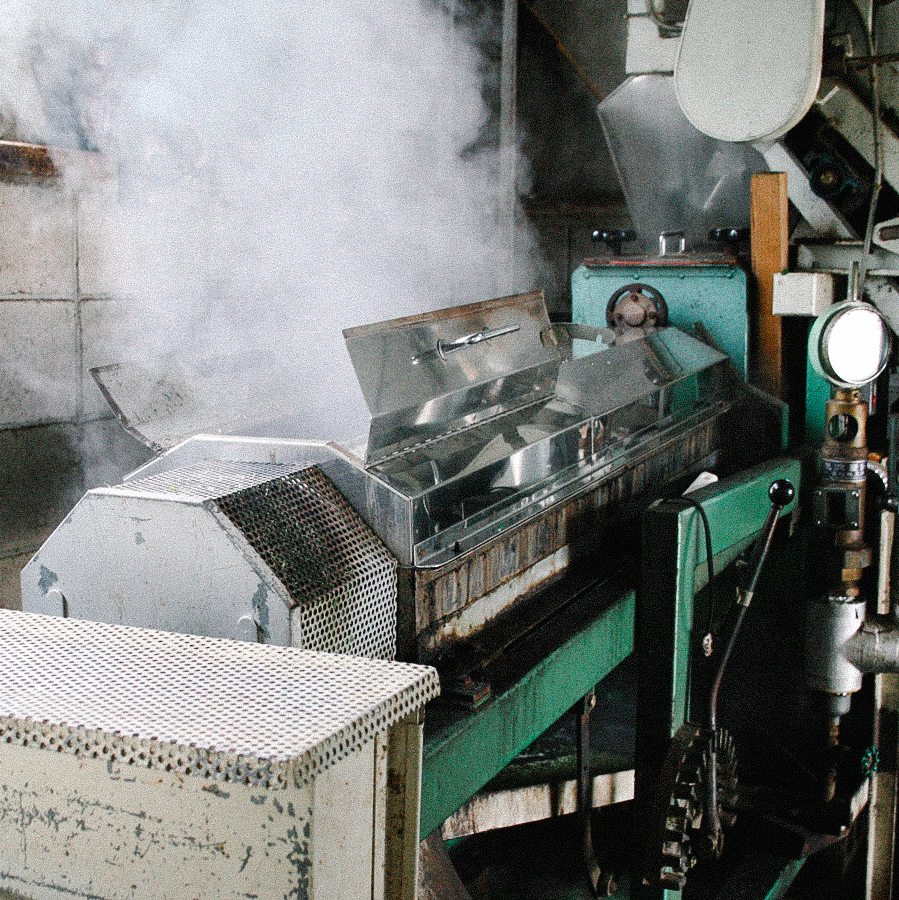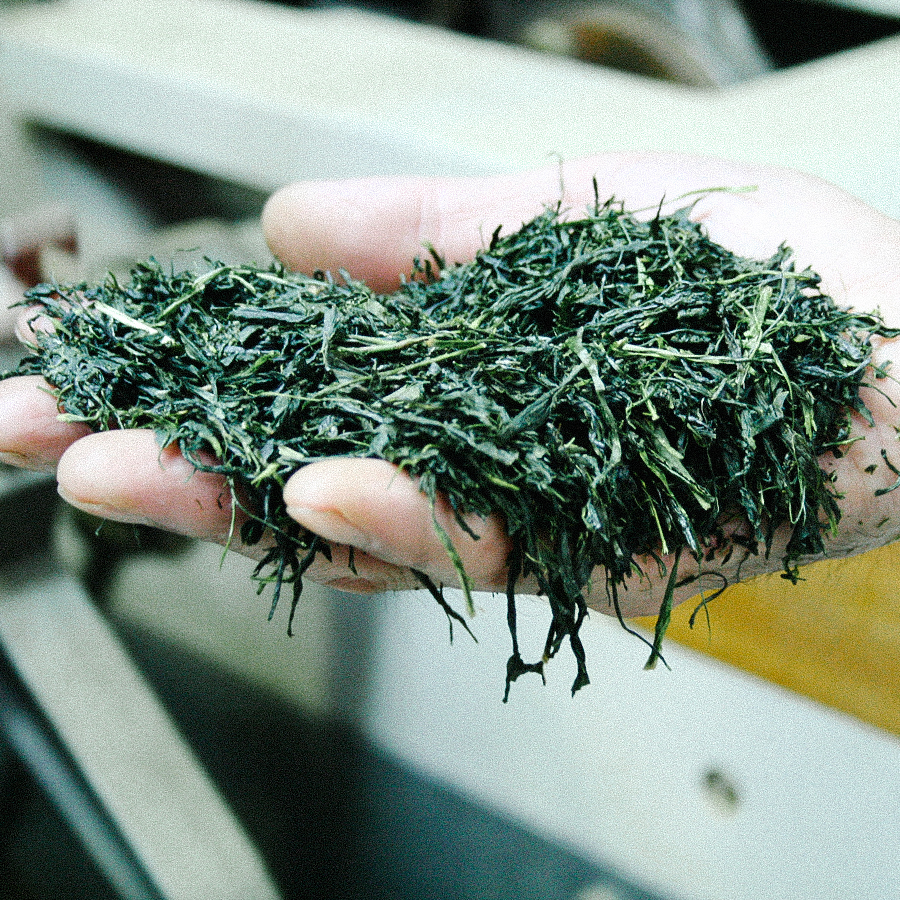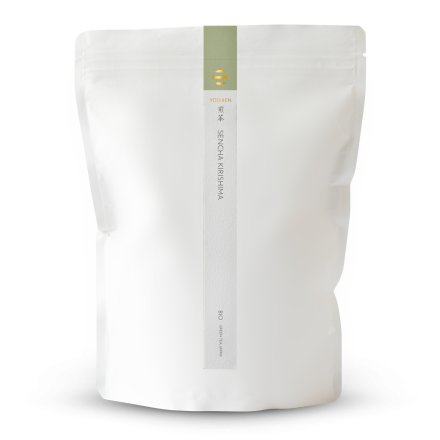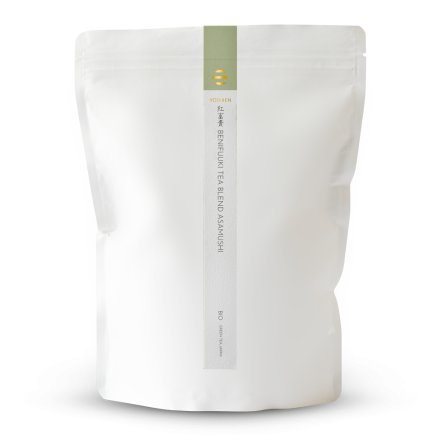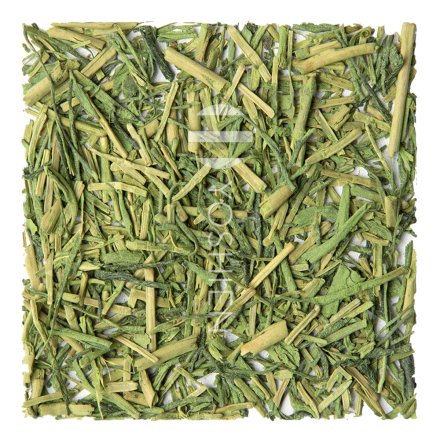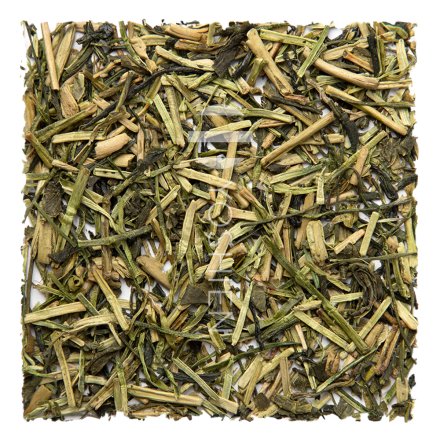Special features in location, cultivation and processing
The tea farm itself is located in picturesque Miyazaki, but it works closely with small organic partner farms in Miyazaki and the neighbouring Kagoshima. Through its great dedication to producing safe and pure teas, it has successfully transitioned to fully organic, ecological cultivation, working in harmony with nature. In the early years, they faced severe insect infestations and disease outbreaks among the tea plants. It took several years and a great deal of creativity to finally find a way to cultivate healthy, resilient plants without causing environmental harm. This passion is reflected in the farm’s robust and flavourful teas.
Single Origin
This tea is exclusively sourced from the above mentioned tea farms in Kagoshima and Miyazaki. Sourced directly from the tea farmer.
Organic Certification






